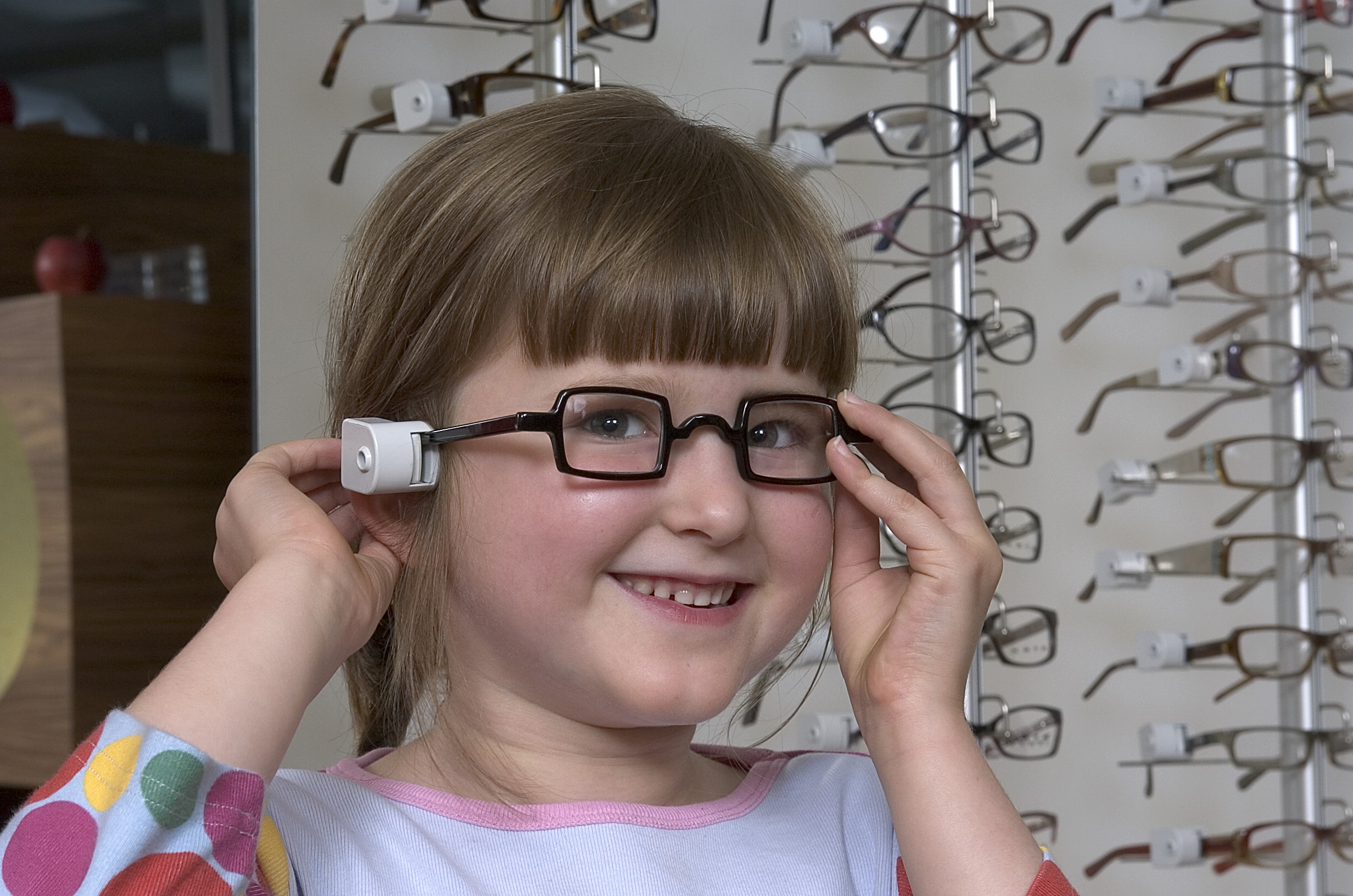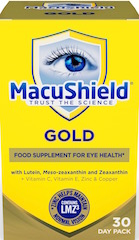 There are hundreds of health-related old wives tales and myths and, in the age of the internet, it can be very easy to research health conditions online and assume that the information you find is accurate, when this may not be the case. While some old wives' tales may be founded in truth, many are inaccurate and some could even damage your eyes.
There are hundreds of health-related old wives tales and myths and, in the age of the internet, it can be very easy to research health conditions online and assume that the information you find is accurate, when this may not be the case. While some old wives' tales may be founded in truth, many are inaccurate and some could even damage your eyes. Holding books up close will damage a child's eyes.
False: Where or how your child holds a book has no effect on the health of the eyes or the need for glasses. Sometimes children find it more comfortable to read close-up and their very good focusing ability makes it easy for them to do so.
Reading in the dark or dim light will damage your eyes.
False: Reading in dim light or in the dark is highly unlikely to cause any permanent damage to your eyes, but it could cause eye strain which can be uncomfortable. Your eyes adjust to the light around them and your pupils enlarge in order to collect the most light.
We are designed to see detail better in the light (as detail is imaged on the central area of the retina which contains cone photoreceptors which need more light than the rod receptors in our peripheral retina) so although you will not harm yourself by reading in the dark, it is more difficult to see and may cause a headache.
False: The membrane that covers the white of your eye (the conjunctiva) also lines your eyelids, so it is impossible for a contact lens to get lost behind your eyes.
You can sleep in your contact lenses.
Some truth: Unless you have been told specifically by your optometrist that you can sleep in your contact lenses, you should avoid this. Your eyes need to breathe (from the air) whilst wearing contact lenses, and this is more difficult when your eyes are closed. This – and the fact that when you are not blinking your contact lenses will not move on your eyes as much as when you are awake – can mean that you are at more risk of infection if you sleep in contact lenses. Always follow the guidelines given to you by your optometrist.
Wearing someone else's glasses may damage your eyes.
False: Although you may not be able to see very well with them and may get a headache or double vision, you won't come to any harm from wearing glasses that are not your prescription (unless you're driving a motor vehicle).
False: Watching too much TV or sitting very close to it may make your eyes tired or give you a headache – particularly if you are watching TV in the dark when you are effectively looking at a moving light, like a torch – but won't cause any serious permanent damage.
Exercising the eye muscles can allow you to throw away your glasses.
False: People (normally) need specs because of the shape and size of their eye. Exercises won't help this.
Not wearing your glasses will make you depend upon them less.
False: If you don't wear your glasses you may become more accustomed to the blur and won't remember how bad it is, and thereby think that your eyes have got better (when they haven't).
By looking at the patterns, colours and other characteristics of the iris you can tell what health problems a person has.
False: There is no scientific proof for this. However, when an optometrist carries out an eye examination they will not only test your sight, but will also check the health of your eyes and look for signs of some general health problems.
Some truth: Carrots are a source of vitamin A, which is important for the eyes. However, before you embark on an all-carrot diet to improve your vision, note that it is more important for eye health to have a good balanced diet that supports your all-round health. Poor nutrition has been implicated in diseases such as age-related macular degeneration (AMD).
Using your eyes too much can wear them out.
False: They will last for your whole life if they are healthy (or have conditions that are treatable). The health of your eyes has nothing to do with the number of hours you use them.


